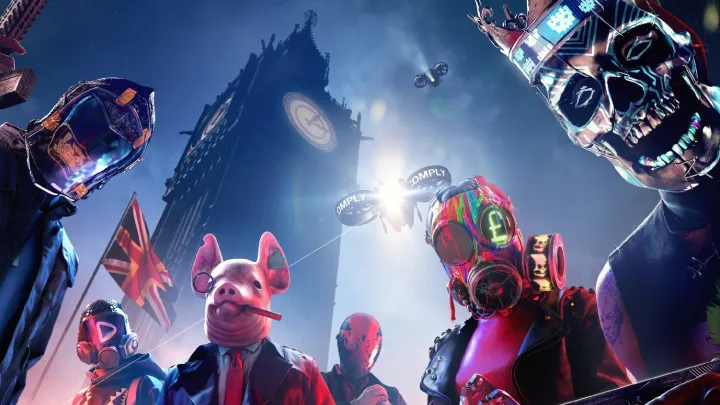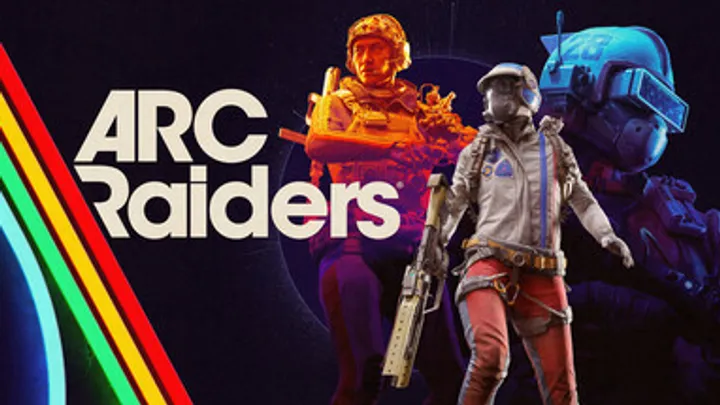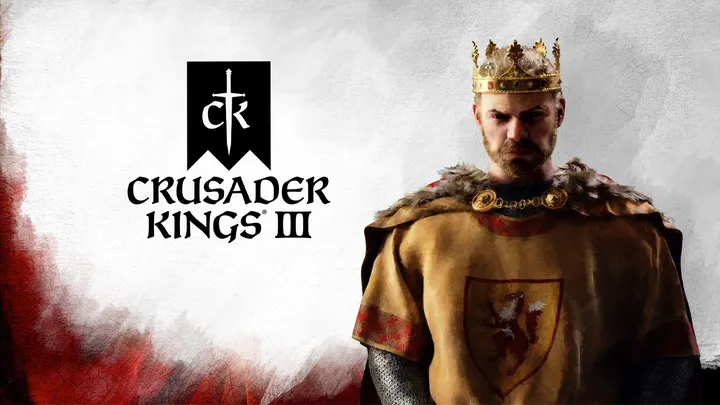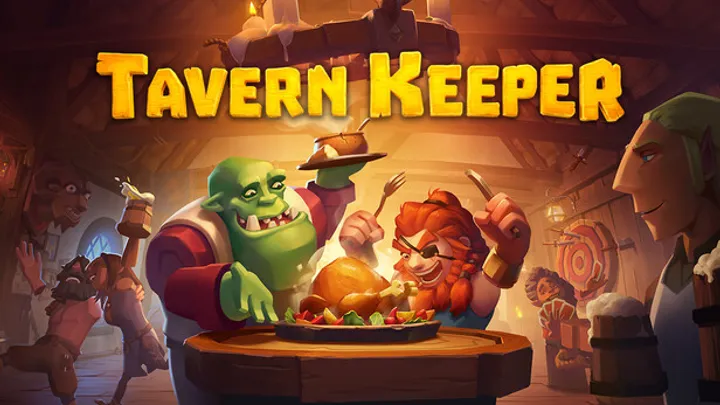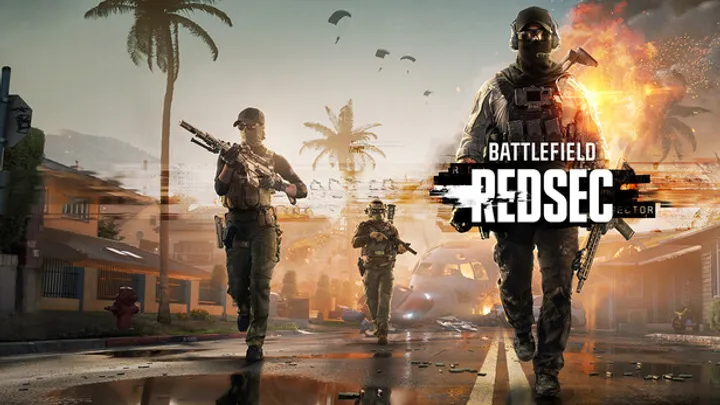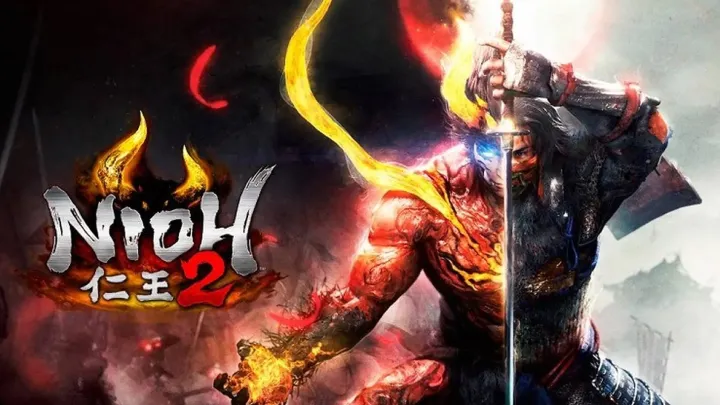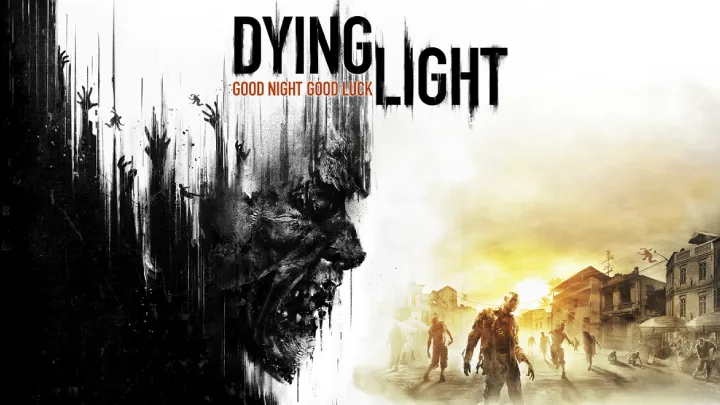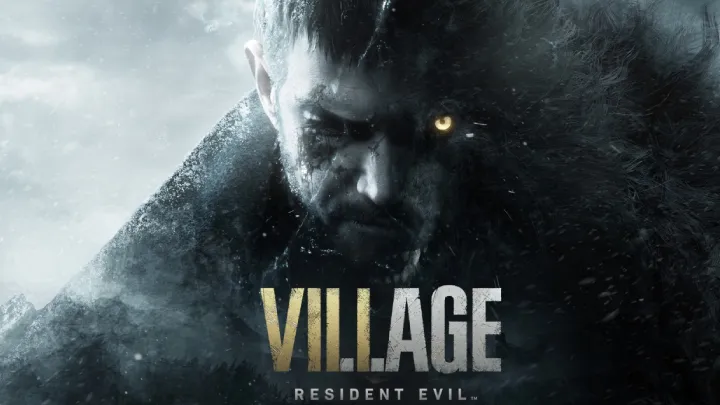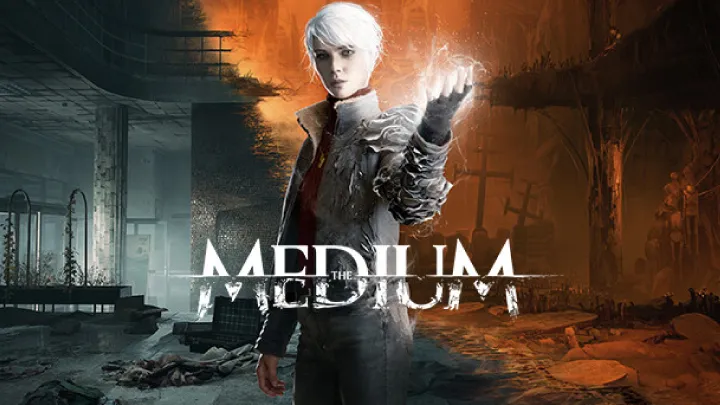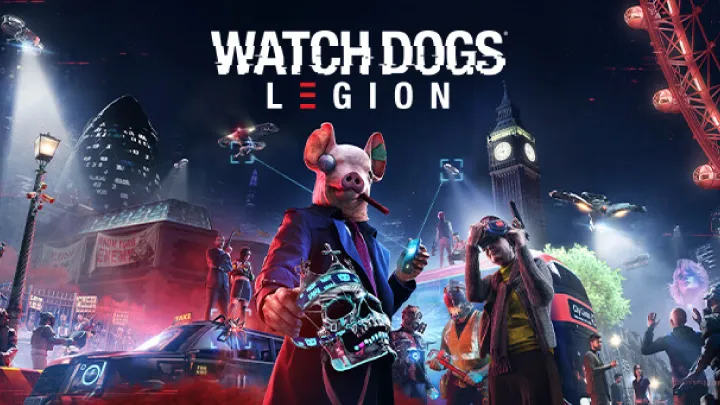
Watch Dogs: Legion presents a unique take on open-world gaming, allowing players to recruit and control virtually any character in the game’s dystopian London. This mechanic not only enriches gameplay but also poses complex questions about identity, agency, and the implications of a society under surveillance. As players navigate the intricacies of a city filled with oppression, the game challenges them to consider what it means to be part of a collective resistance. This article explores the specific issue of identity and agency in Watch Dogs: Legion, examining how the game’s mechanics and narrative structure compel players to engage with these themes in profound ways.
Setting the Stage: A Dystopian London
The game is set in a near-future London, a city under the tight grip of authoritarian control. The landscape is marked by surveillance drones, militarized police, and corporate exploitation, reflecting a society that has lost its autonomy.
The Role of Technology in Society
In Watch Dogs: Legion, technology serves both as a tool for oppression and a means of resistance. The omnipresence of surveillance technology raises questions about privacy, control, and the impact of digital monitoring on individual identity. This duality sets the stage for exploring how characters perceive themselves and their agency within a society that is constantly watching.
The Impact of Authoritarianism on Identity
The oppressive regime depicted in the game forces individuals to navigate their identities in a context where dissent is dangerous. The environment shapes their actions and choices, as they grapple with the consequences of living under constant surveillance. This societal backdrop becomes crucial in understanding the characters' motivations and the choices players make throughout the game.
The Unique Recruitment System: Building a Collective Identity
One of the most innovative features of Watch Dogs: Legion is its recruitment system, allowing players to enlist any NPC in the game. This mechanic not only enriches gameplay but also serves as a vehicle for exploring themes of identity and agency.
The Diversity of Characters
The game boasts a diverse cast of characters, each with unique backgrounds, skills, and motivations. Players can recruit a wide range of individuals, from construction workers to hackers, each representing different facets of London’s society. This diversity challenges players to consider the multiplicity of identities that exist within a community and how these identities contribute to a collective resistance against oppression.
Examples of Character Types
- The Rebel: Characters with a history of activism or resistance offer unique skills that enhance gameplay, but their personal stakes in the fight against oppression deepen the narrative.
- The Informant: NPCs with connections to the underground provide intelligence and resources, showcasing the importance of collaboration in building a resistance.
- The Everyman: Ordinary citizens with no special skills embody the idea that anyone can join the fight, emphasizing the theme of collective agency.
Agency Through Choice
The ability to choose whom to recruit allows players to shape their own version of DedSec, the resistance group. This agency in character selection reflects the broader theme of identity, as players must consider how each character’s skills and backstory contribute to the fight against authoritarianism. The choices made in recruitment highlight the significance of personal agency in defining one’s identity within a collective movement.
The Consequences of Identity: Personal Stories and Backstories
As players recruit characters, they uncover personal stories and backstories that enrich the narrative. These stories illustrate how individual identities are shaped by experiences, relationships, and societal pressures.
Personal Trauma and Resilience
Many characters have experienced trauma due to the oppressive regime, which shapes their motivations for joining DedSec. For instance, a character who has lost a loved one to police violence may have a heightened sense of urgency in fighting against the system. These personal narratives humanize the characters, making their struggles relatable and underscoring the theme of resilience in the face of adversity.
Connecting Individual Stories to Collective Identity
The intertwining of personal stories with the larger narrative of resistance emphasizes the idea that individual identities are part of a collective struggle. Players are encouraged to empathize with characters, understanding that their motivations are rooted in personal experiences. This connection fosters a deeper engagement with the broader themes of identity and agency.
Surveillance and Control: The Impact on Identity
The pervasive surveillance in London affects how characters perceive themselves and their roles within the resistance. The game explores the psychological effects of living under constant observation, raising questions about privacy and autonomy.
The Paranoia of Surveillance
Characters in Watch Dogs: Legion often express feelings of paranoia and distrust due to the omnipresent surveillance technologies. This paranoia influences their actions and decisions, shaping their identities as they navigate a world where their every move is monitored. The psychological impact of this surveillance becomes a critical aspect of understanding how individuals adapt to oppressive environments.
The Struggle for Autonomy
The desire for autonomy is a driving force behind the characters' involvement in DedSec. As they fight against the surveillance state, they reclaim their identities and assert their agency. This struggle for autonomy is reflected in the gameplay mechanics, as players must find ways to evade detection and disrupt the systems of control.
The Role of Technology: Tools of Empowerment and Oppression
In Watch Dogs: Legion, technology is portrayed as a double-edged sword—both a tool for oppression and a means of empowerment. The game invites players to reflect on the implications of technology on identity and agency.
Hacking as a Form of Resistance
Hacking plays a central role in the game, allowing players to manipulate the environment and disrupt the systems of control. This ability symbolizes the power of knowledge and skill in reclaiming agency. Characters who possess hacking skills represent a new form of empowerment, using technology to challenge the status quo and fight back against oppression.
The Dangers of Technological Dependence
While technology serves as a tool for resistance, the game also highlights the dangers of technological dependence. Characters who rely solely on technology to fight back may find themselves vulnerable to surveillance and manipulation. This tension raises important questions about the role of technology in shaping identity and agency, emphasizing that true empowerment comes from a combination of knowledge, skill, and personal agency.
Collectivism vs. Individualism: Navigating Identity in a Movement
Watch Dogs: Legion grapples with the tension between collectivism and individualism within the context of the resistance movement. This dynamic influences how characters perceive their identities and roles in the fight against oppression.
The Importance of Collective Identity
DedSec represents a collective identity, uniting individuals from diverse backgrounds to challenge the oppressive regime. The game emphasizes the strength found in unity, showcasing how diverse voices can come together to form a powerful movement. Characters who contribute their unique skills and perspectives enrich the collective identity of DedSec, reinforcing the idea that individual contributions are vital to the success of the movement.
The Challenge of Individuality
While the collective identity is crucial, Watch Dogs: Legion also explores the importance of individuality within the movement. Characters must navigate their personal beliefs and motivations while contributing to the larger cause. This balance between collectivism and individualism is a recurring theme, prompting players to consider how their own identities intersect with the identities of others in the fight for justice.
The Final Confrontation: Identity in the Face of Adversity
As the narrative progresses, players are led toward a climactic confrontation that challenges the characters’ identities and the principles they stand for.
The Showdown with the Oppressors
The climax of Watch Dogs: Legion involves a confrontation with the oppressive forces controlling London. This moment serves as a culmination of the characters’ journeys, forcing them to confront their fears, beliefs, and the very essence of their identities. The stakes are high, and the outcome of this confrontation will determine the future of both the characters and the city.
The Emotional Weight of the Encounter
The emotional weight of this confrontation underscores the themes of identity and agency. As characters fight for their beliefs, they must reconcile their individual identities with the collective identity of DedSec. This moment encapsulates the essence of their journey, highlighting the importance of self-acceptance and unity in the face of adversity.
Embracing Identity in the Aftermath
The resolution of the conflict allows characters to embrace their identities in new ways. They emerge from the confrontation not only as warriors but as individuals who understand the complexities of their identities. This evolution emphasizes the theme that identity is multifaceted and ever-changing, shaped by experiences, choices, and the connections forged along the way.
Community Reception: Engaging with Themes of Identity
The release of Watch Dogs: Legion has sparked discussions within the gaming community regarding its exploration of identity and agency. Players have shared their interpretations of the game’s themes, reflecting on the narratives that resonate with them.
Positive Feedback on Representation
Many players have praised Watch Dogs: Legion for its diverse representation of characters and its nuanced exploration of identity. The ability to recruit and play as characters from various backgrounds fosters a sense of inclusivity and encourages players to engage with the complexities of identity within a societal context.
Critiques and Calls for Depth
Conversely, some players have expressed a desire for deeper explorations of the game’s themes. While Watch Dogs: Legion offers a rich narrative, there is an acknowledgment that the complexities of identity and agency cannot be fully captured in a single story. This feedback emphasizes the need for ongoing conversations about representation and identity in gaming.
Conclusion: The Enduring Impact of Identity and Agency in Watch Dogs: Legion
Watch Dogs: Legion presents a profound exploration of identity and agency within a dystopian landscape. Through the lens of diverse characters and their experiences, the game challenges players to reflect on the complexities of selfhood, the impact of societal structures, and the power of collective resistance. As players navigate the intricacies of recruitment, relationships, and technology, they are prompted to consider their own identities and the choices that define them. The themes presented in Watch Dogs: Legion will undoubtedly resonate with future narratives, reinforcing the importance of exploring the intricate connections between identity, agency, and the fight for justice.
